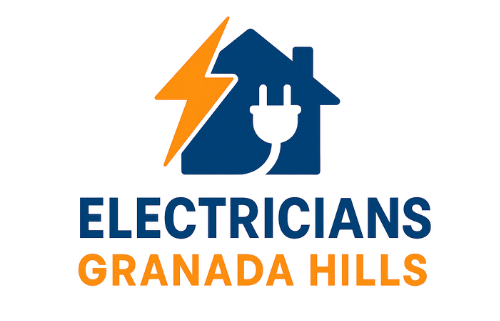🧠 Do’s and Don’ts of Residential Wiring
Electrical wiring is the nervous system of your home. It powers your lights, appliances, devices, and everything in between. But while wiring might seem straightforward on the surface, there’s a lot more going on behind the walls than meets the eye. Done right, your wiring system will keep your home safe and efficient for decades. Done wrong, it can lead to short circuits, power failures, and even house fires. Whether you’re a homeowner considering DIY improvements or just want to understand your electrician better, knowing the key do’s and don’ts of residential wiring is essential. ⚡🏠✅ The Do’s of Residential Wiring
✔️ Do Hire a Licensed Electrician
Always hire a certified and licensed electrician for wiring projects. They follow local building codes, understand safety standards, and have the experience to wire your home the right way the first time.✔️ Do Use the Correct Wire Gauge
Every appliance and outlet needs the right wire gauge. Using undersized wire can cause overheating, while oversized wire wastes material and adds unnecessary cost. A professional will match gauge to load perfectly. 🔍✔️ Do Label and Document Circuits
When circuits are clearly labeled in your electrical panel, it makes future maintenance faster and safer. It also helps you or future electricians quickly isolate and fix any problems. 📋✔️ Do Use GFCI and AFCI Protection
Ground Fault Circuit Interrupters (GFCI) and Arc Fault Circuit Interrupters (AFCI) are required in key areas like kitchens, bathrooms, and bedrooms. These devices prevent shocks and fires by shutting off power during irregularities.✔️ Do Plan for Future Power Needs
Think ahead. With the growing number of smart devices, EV chargers, and high-powered appliances, your wiring should support future demand—not just current use.✔️ Do Use Quality Materials
From copper wiring to weatherproof junction boxes and tamper-resistant outlets, always use UL-listed, high-quality products. Cutting corners on materials can lead to long-term failure. 🛠️🚫 The Don’ts of Residential Wiring
❌ Don’t Overload Circuits
Plugging too many devices into a single circuit can overheat wires and trip breakers. This is a common mistake in kitchens and home offices. Spread out high-wattage appliances across separate circuits.❌ Don’t Use Extension Cords as Permanent Solutions
Extension cords are meant for temporary use only. Relying on them daily increases the risk of overheating, fire, and power failures. If you need more outlets, it’s time to install them properly. 🔌❌ Don’t Hide Junction Boxes
Every junction box must remain visible and accessible. Hiding them behind drywall or insulation may seem cleaner but is a serious safety hazard and violates building code.❌ Don’t Mix Wire Gauges or Breaker Sizes
Mixing wire types or using the wrong breaker size can create dangerous situations. For example, connecting a 14-gauge wire to a 20-amp breaker can cause the wire to overheat before the breaker trips.❌ Don’t Skip Permits and Inspections
Electrical work usually requires permits and must be inspected by your city. Skipping this step can cause issues when selling your home and may void your insurance if problems arise.❌ Don’t DIY Complex Wiring Jobs
Simple fixture swaps may be fine for experienced DIYers, but anything involving new circuits, panel work, or rewiring should always be handled by a professional. It’s not worth the risk.Residential wiring may seem straightforward, but it requires technical precision, safety awareness, and adherence to code. Whether you’re planning a renovation, adding a room, or just making your home safer—these do’s and don’ts will help you make smarter electrical decisions.
The most important thing to remember is this: electricity is not something to guess about. Mistakes can lead to shocking consequences—literally. That’s why it’s always best to rely on licensed electricians who understand your home’s specific wiring needs and can do the job safely and correctly.
At Electrician Granada Hills, we take the guesswork out of your electrical projects. From new wiring installations and breaker panel upgrades to complete home rewiring, our experienced technicians are here to deliver code-compliant, safe, and efficient electrical solutions that will serve you for years to come. Let us help you get your wiring done right—with professionalism, precision, and pride.
